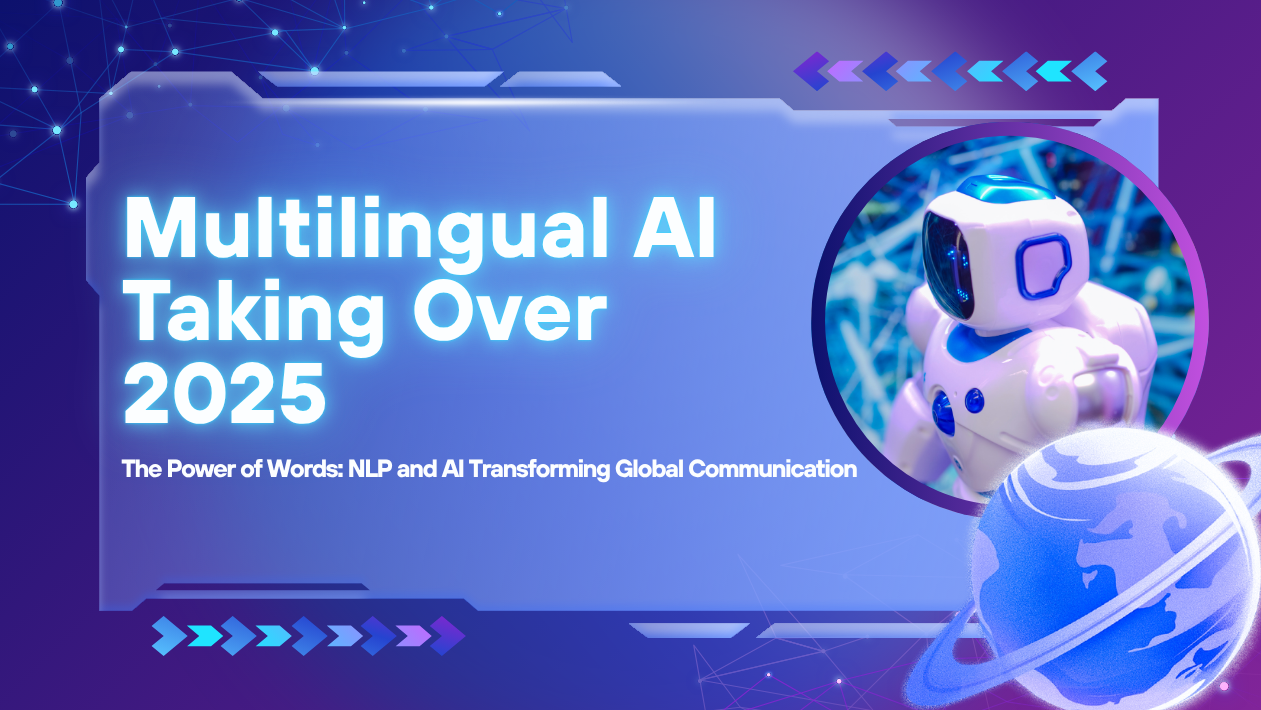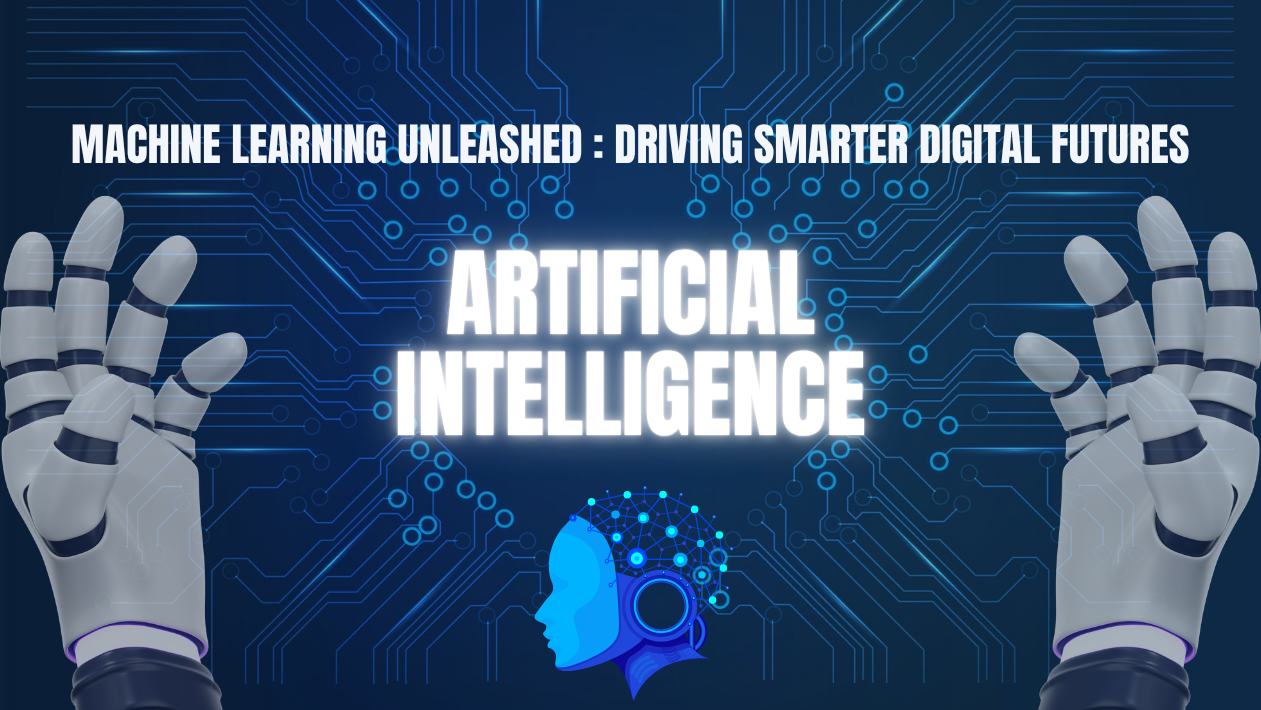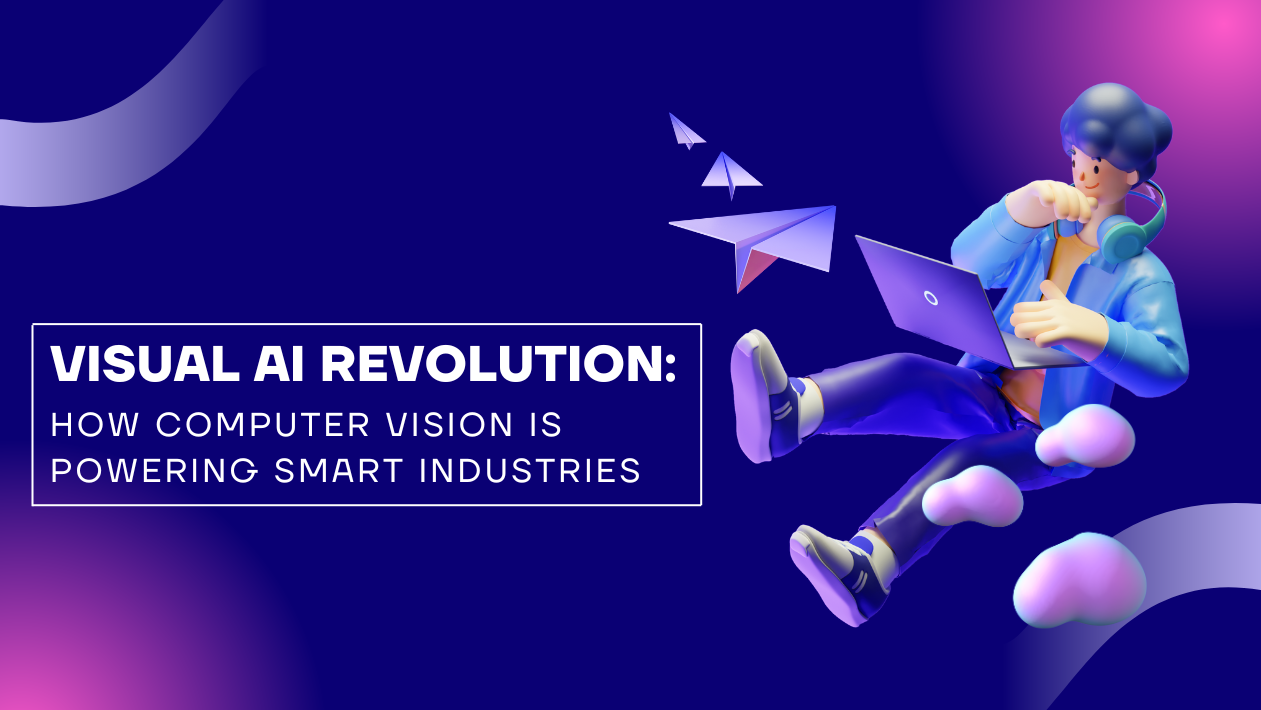Agentic AI—autonomous intelligent agents that set goals and take actions—are gaining traction across industries, delivering productivity gains, operational efficiency, and strategic decision-making.
1. Continuous Report Generation
- EY is deploying agentic systems to manage third-party risk continuously, automatically analyzing contracts and public data to generate comprehensive vendor-risk reports in minutes—versus days previously.
2. Employee Support & HR Automation
- Companies like IBM and Indicium use agentic AI for HR tasks—answering FAQs, retrieving knowledge, tagging documents, and scheduling interviews—freeing staff from repetitive work.
3. End-to-End Customer Service
- In high-volume support environments, agentic AI autonomously handles case classification, user authentication, back-end actions (e.g., refunds), and follow-ups within governance limits.
4. Autonomous Claims & Insurance Processing
- Insurers are testing agentic workflows that review claims, verify policy coverage, detect inconsistencies, and initiate decisions—all while ensuring audit trails.
5. Smart Supply Chain & Logistics
- Logistics giants like UPS and Amazon, along with EY, use agentic AI to manage routes, optimize inventory, detect bottlenecks, allocate resources dynamically, and forecast demand.
6. Dynamic Retail & E-Commerce Operations
- Agentic systems detect shifts in buyer behavior, manage product listings, adjust pricing or promotions, and place orders—creating real-time inventory and marketing responsiveness .
7. Autonomous Decision Support
- Agentic AI offers context-aware decision tools: negotiating procurement contracts, simulating strategic outcomes, and dynamically allocating resources—75%+ of enterprises plan to integrate this by 2027.
🌍 Industry Momentum & Insights
- Financial services: Indian banks like HDFC and SBI are piloting agentic workflows in back-office operations, risk reporting, document verification, and customer onboarding—under RBI’s guidance for ethical AI.
- Cybersecurity: Autonomous AI agents engage in continuous red-teaming—scanning systems, probing for vulnerabilities, and alerting defenders in real time.
- Healthcare: From patient triage to clinical documentation and continuous monitoring, agentic AI is beginning to relieve administrative burdens and improve care delivery.
🔑 Why It Matters
- Scale & Efficiency: These agents don’t just assist—they act autonomously, reducing manual handoffs and human delays.
- Adaptability: Unlike fixed-rule automation, agentic systems learn and adapt, handling dynamic, multi-step workflows.
- Governance-Ready: Built with oversight guardrails, traceability, and modular deployment—often starting with a “shadow” phase.
⚠️ Challenges Ahead
- Ensuring high-quality data, overcoming hallucination risks, maintaining cybersecurity, and establishing ethical oversight remain essential.
- Enterprises should start small, define clear goals, integrate agentic AI with existing systems, and maintain human supervision during early phases.
🔮 Looking Ahead
The trend is clear: agentic AI is transitioning from proof-of-concept to mission-critical applications, redefining workflows in sectors from finance and supply chain to customer service and healthcare. Early adopters are already seeing substantial ROI—not just in cost savings, but in real-time responsiveness and strategic agility.





